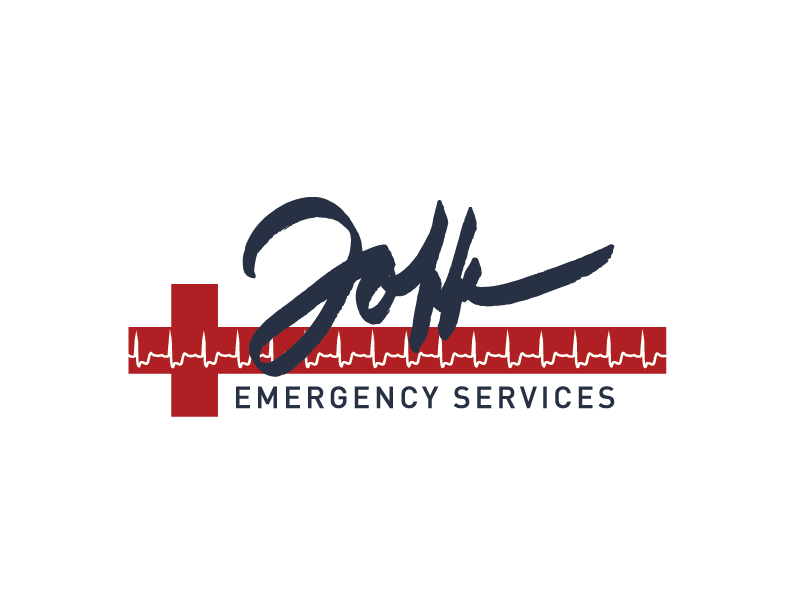The health office at your school can be a tremendous resource in keeping all members of your school community healthy and well. It is a place for the storage of essential medical equipment and supplies, a private place to treat minor ailments, and even just a place where students know they can be honest and are safe.
However, if your health office is not properly staffed, it won’t be able to be that resource. An ineffective health program in a school has tangible, negative effects on school safety. We wrote this article in the hopes it will help you diagnose the signs of a good health office. If the following questions are a challenge to answer and you don’t know who at your school could, it may be time to consider hiring a health aide.
Is there a person who documents and archives every health-related incident? If so, where and how are these documents stored? Medical documents must be secure in order to follow HIPAA guidelines. Speaking of that…
Who has HIPAA training, and how do they adhere to patient confidentiality? I’m not sure about your school’s status, but I do know that every Joffe health aide is fully trained to serve schools, including HIPAA guidelines.
Who takes inventory and orders new supplies? Without careful monitoring, your health office may find itself in a medical bind of its own making.
Do you have the necessary medical supplies to treat common illnesses and injuries?
Does anyone create emergency care profiles for students with life threatening conditions? This resource will be worth its weight in gold in the stress of an emergency scenario. These sorts of details can slip through the cracks if not clearly created and stored.
How do you relay pertinent student health information to teachers and staff? Having a skilled communicator in charge of your health office is great. You can be confident that important information will reach the right people clearly and concisely. (Just so you know, our health aides are quite talented at all forms of communication.) An effective health office also utilizes communication skills when writing informative or warning letters to parents and guardians.
Who tracks student immunizations and does annual reporting?
Who does lice checks?
Who is in charge of tracking faculty medical requirements and first aid/CPR? For example, faculty TB test results must be categorized and stored, and someone needs to organize yearly training and recertification of CPR and First Aid training.
Who handles over-the-counter and emergency medications? This is a complicated process, which is why we love having a health aide handle it. Medications need to be stored in an appropriate place, parents must be contacted when they expire or when it needs to be administered, and those expiration dates have to be monitored.
This is only a starting point, and your health office will face specific obstacles based on your school’s unique factors. In fact, we could think of a few more questions to ask even now! No one knows better what your school needs than you, but we’re always happy to assist on the path to safety.
We are extremely proud of our health aide program at Joffe Emergency Services. Our partner schools genuinely appreciate the caliber of individual we put in these positions. In the end, a health aide is the first line of defense in your school’s safety programs, and will be of great use to you in any emergency scenario.
Do you have questions or concerns about health care on your campus? Or simply want to learn more about our health care programs? Click the button below to learn more or get in touch with us at safety@joffeemergencyservices.com!

